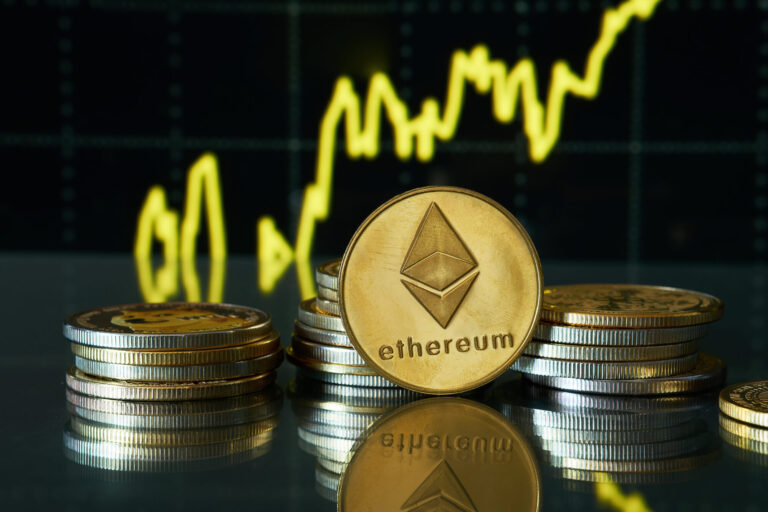Pakistan is launching a nationwide infrastructure initiative to channel excess energy into Bitcoin mining and AI centers. The government is betting on technology to modernize the economy.
Pakistan has announced plans to allocate 2,000 megawatts (MW) of surplus energy to build Bitcoin mining farms and AI data centers, according to official reports. This represents around 4% of the country’s total energy capacity-enough electricity to power small nation-states like Luxembourg. The move is part of a broader plan to digitize and modernize the national economy. The energy will come primarily from underutilized power plants that have so far remained idle. The initiative is being coordinated by the newly formed Pakistan Crypto Council (PCC) and could, in the medium term, position the country as a digital infrastructure hub in South Asia.
Bitcoin mining meets geopolitics and digitization
With this initiative, Pakistan is pursuing several goals: expanding the country’s digital economy, monetizing its surplus energy, and attracting international investment. Strategically located between China, the Middle East, and Europe, Pakistan offers infrastructural advantages for global data processing.
The project envisions the establishment of large-scale mining centers in its first phase. These will be operated by private investors under government regulation. In parallel, data centers for AI applications are also being developed. Through these efforts, Pakistan aims to become a regional innovation hub and catch up with countries like the UAE and India.
Regulation, renewable energy, and outlook
The government is also working to establish a Pakistan Digital Assets Authority (PDAA). This new regulatory body will oversee the operation of crypto exchanges, wallets, tokenized platforms, and mining activities. Licensing for mining farms and tax incentives are also part of the plan. Another major goal is to tie mining operations to renewable energy sources-such as solar and hydroelectric power. This approach aims to enhance the industry's reputation and enable sustainable innovation.
Analysts see Pakistan’s move as a strategic signal to investors and tech companies: the country is actively positioning itself in the global race for digital infrastructure. At the same time, Pakistan is demonstrating that Bitcoin mining doesn't have to be associated solely with instability or energy waste-it can be leveraged as a purposeful economic policy tool. Mining ultimately offers the most efficient method of monetizing surplus energy. Observers have compared this step to initiatives in El Salvador, Kazakhstan, and the United Arab Emirates-countries that also view Bitcoin as an economic opportunity and are creating regulatory frameworks for digital assets.








